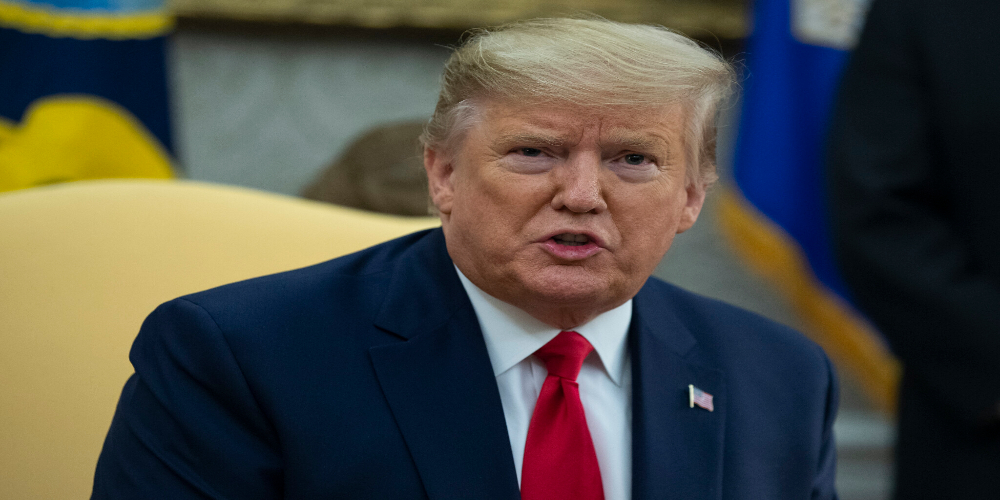
About half of Americans say the Senate should vote to convict President Donald Trump and remove him from office in the upcoming impeachment trial (51%).
While 45% say the Senate should vote against conviction and removal in Trump’s impeachment trial.
Here is what to look out for next as the proceedings advance in U.S. President Donald Trump’s impeachment trial in the Senate:
Jan 20
- The House of Representatives filed its reply to Trump’s response to the Senate trial summons.
2. Trump filed a trial brief that called for an immediate dismissal of the House’s two articles of impeachment.
3. Senate Majority Leader Mitch McConnell, a Republican, unveiled his proposals for how the impeachment trial would operate, if a majority of the Senate approves.
The plan has no guarantee that witnesses would be subpoenaed to testify.
It provides a total of 48 hours for House Democratic prosecutors and Trump lawyers to deliver opening arguments, evenly divided and potentially in four 12-hour sessions.
Starting Jan 21
* The House has until noon EST (1700 GMT) to file a rebuttal brief to the White House trial brief, if it so chooses.
* The trial resumes at 1 p.m. (1800 GMT) and expects to continue six days a week, with the exception of Sundays.
* A vote could be held sometime on Jan. 21 on McConnell’s proposed rules governing the first phase of the trial, which would leave open the option of voting later on whether witnesses would testify and new evidence could be introduced.
* Democrats are expected to try to amend McConnell’s rules to stipulate that witnesses must be called, possibly leading to extended debate over the rules of the trial.
* Once the rules have been adopted, Democratic House “managers” who form the prosecution team would begin to present their case against Trump.
It is unclear whether that will start on Jan. 21 or the next day. When the House managers have finished, the president’s team will respond with its opening arguments.
During the arguments, senators sit as jurors and are not allowed to speak unless they are in a closed session.
* Following the opening arguments, senators would be given time to submit questions to each side.
Late January to early February
* Democrats expect to continue pushing to hear from witnesses during the trial.
If McConnell’s resolution on initial trial rules is adopted, as expected, senators would likely vote sometime after the trial has started on whether to introduce witness testimony sought by the Democrats.
If the Senate decides to subpoena witnesses, they would first be deposed privately and the Senate would then decide whether they should publicly testify.
* Votes to present final arguments could occur if no subpoenas issued and if witnesses are not approved by a majority of the Senate.
February 4
* Trump is scheduled to deliver the annual State of the Union address to a joint session of Congress.
Read More News On
Catch all the International News, Breaking News Event and Latest News Updates on The BOL News
Download The BOL News App to get the Daily News Update & Follow us on Google News.



